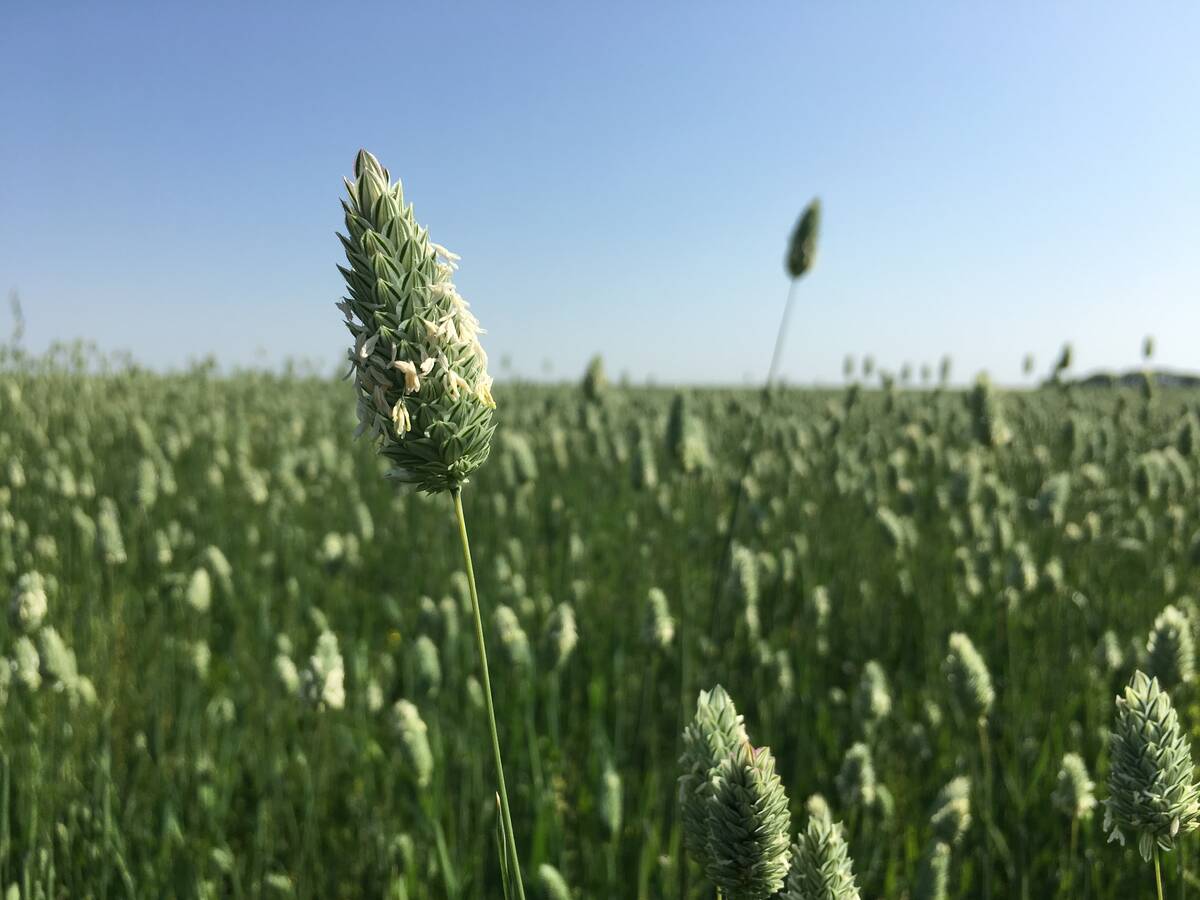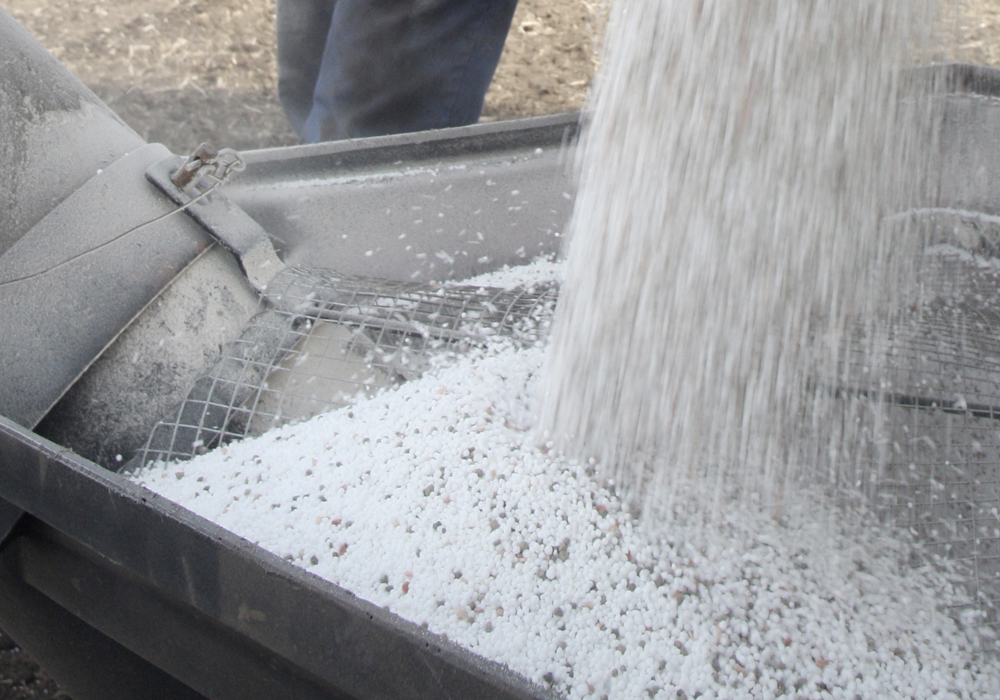May 2 (Reuters) – Nutrien Ltd on Monday raised its full-year earnings forecast well above estimates after posting a more than 10-fold jump in first-quarter profit, as the world’s largest fertilizer company benefits strongly from soaring prices of crop nutrients.
Prices of essential crop nutrients such as potash and phosphate skyrocketed in the quarter, touching near-record levels, as sanctions imposed on major exporter Russia for its invasion of Ukraine disrupted supplies that were already tight.
Demand for fertilizer has also been strong as an inflation-induced surge in prices of major crops is driving farmers to increase production.
Read Also

No special crop fireworks expected
farmers should not expect fireworks in the special crops market due to ample supplies.
“Global agriculture and crop input markets are being impacted by a number of unprecedented supply disruptions that have contributed to higher commodity prices and escalated concerns for global food security,” interim Chief Executive Officer Ken Seitz said in a statement.
Seitz also said Nutrien could potentially expand its low-cost fertilizer production capability.
Shares of the company were up about 3 percent in extended trading.
The company, however, cut its potash shipment forecast for the year, citing supply uncertainties from Russia and Belarus.
Nutrien expects 2022 adjusted earnings of USD$16.20 to USD$18.70 per share, compared with its previous forecast of USD$10.20 to USD$11.80 per share. Analysts were expecting USD$15.20 per share, as per Refinitiv data.
Net earnings rose to USD$1.39 billion, or USD$2.49 per share, in the quarter ended March 31 from USD$133 million, or 22 cents per share, a year earlier.
Excluding items, it posted a profit of USD$2.70 per share, but missed estimates of USD$2.75.
Earlier, rival Mosaic Co the world’s largest producer of finished phosphate products, posted a more than seven-fold surge in quarterly profit that narrowly beat estimates.
Mosaic said its potash and phosphate shipments were delayed by poor rail performance, adding that rail cycle times would not likely recover to normal levels until the second half of 2022.
The company earned USD$2.41 per share, excluding items, while analysts were expecting USD$2.40.















